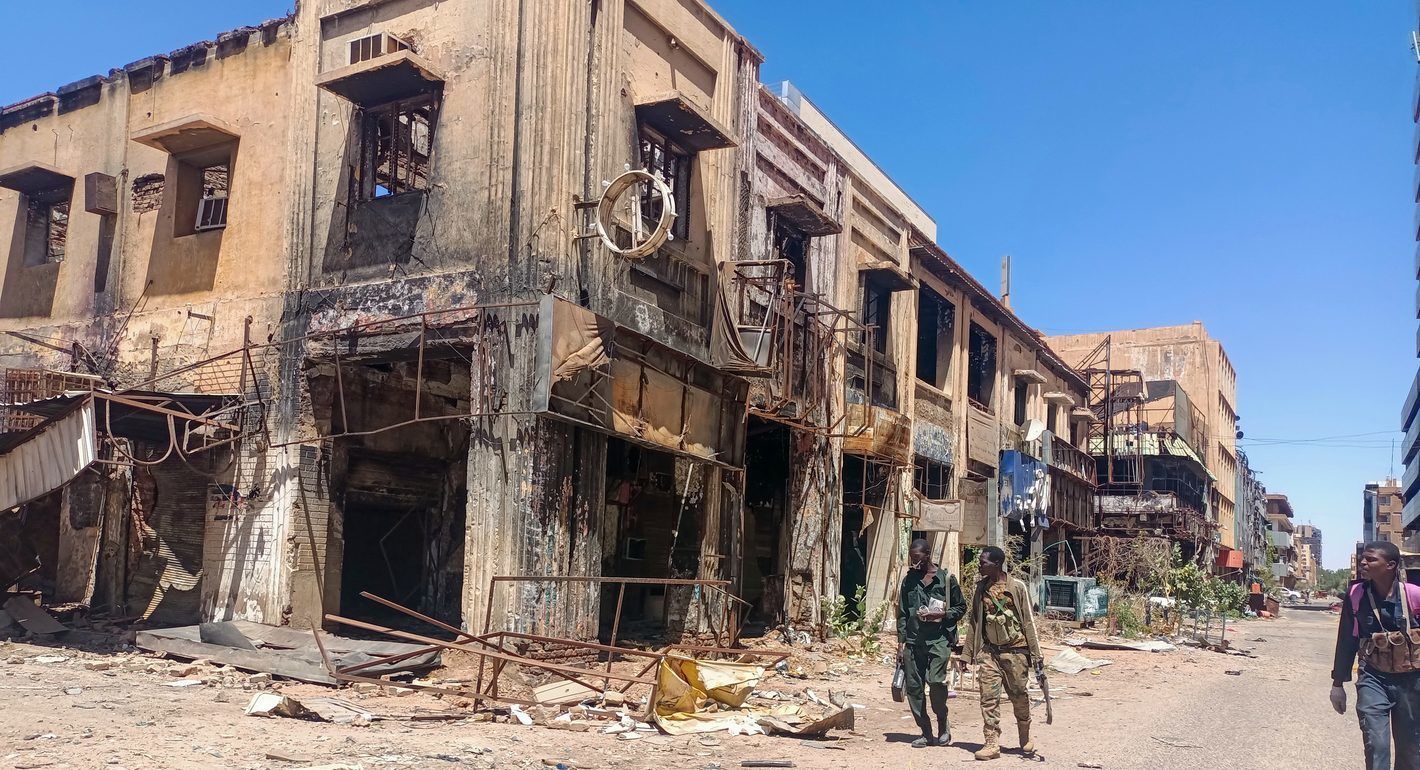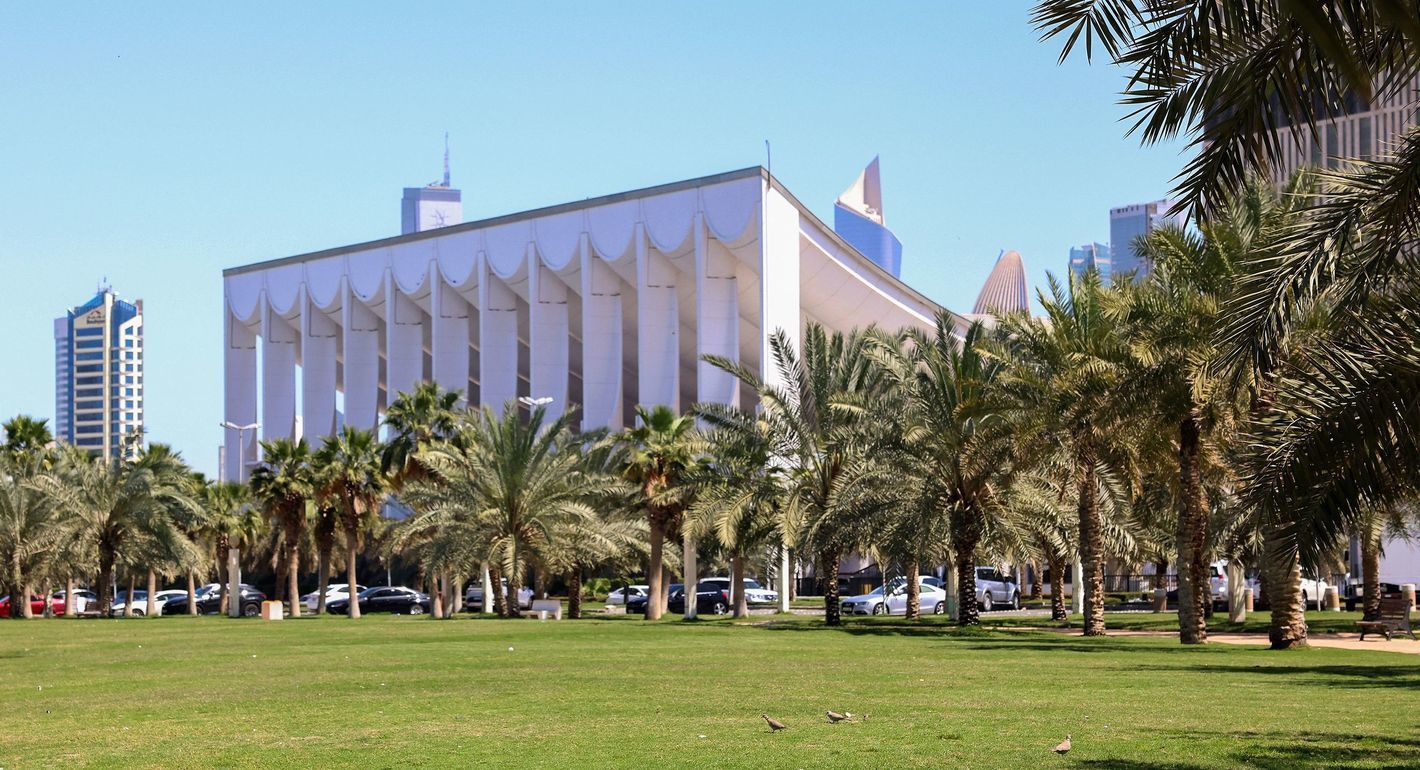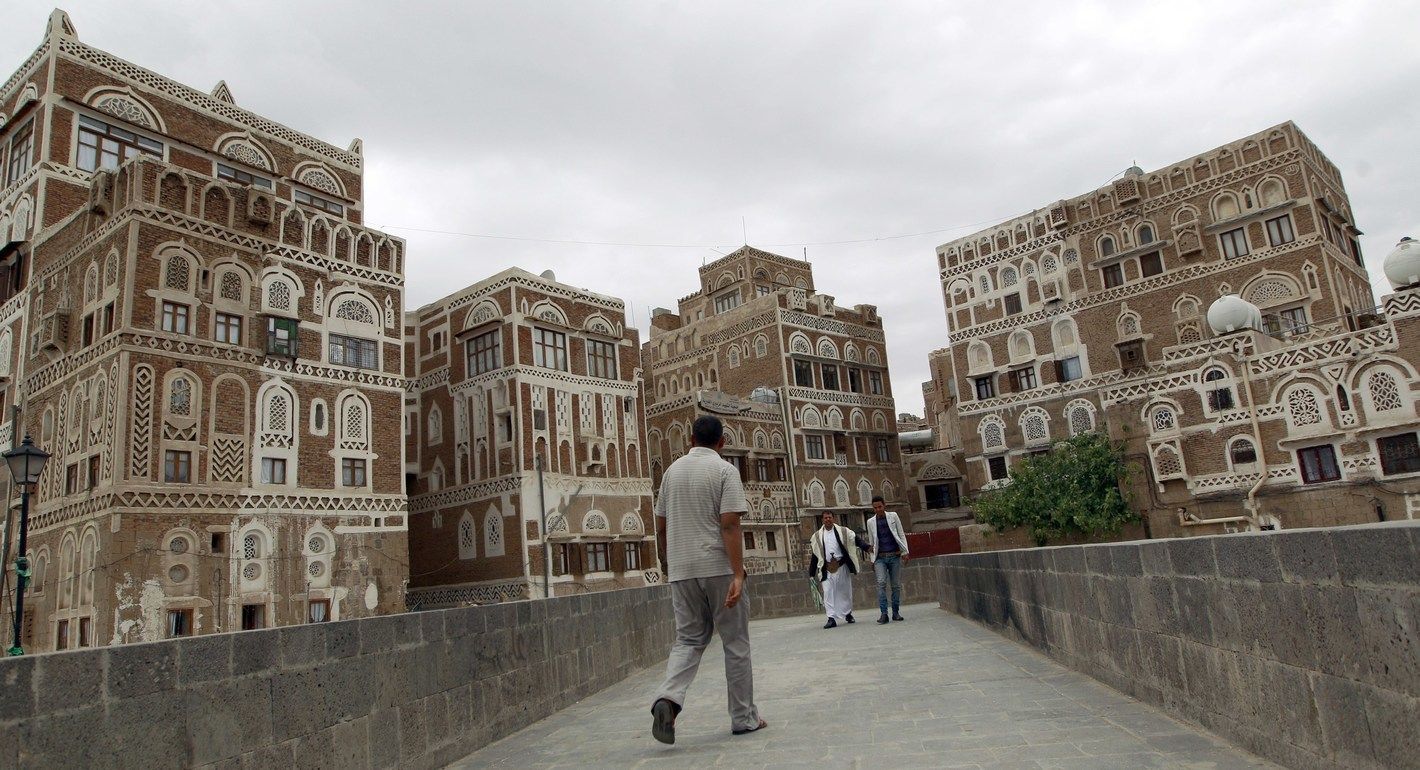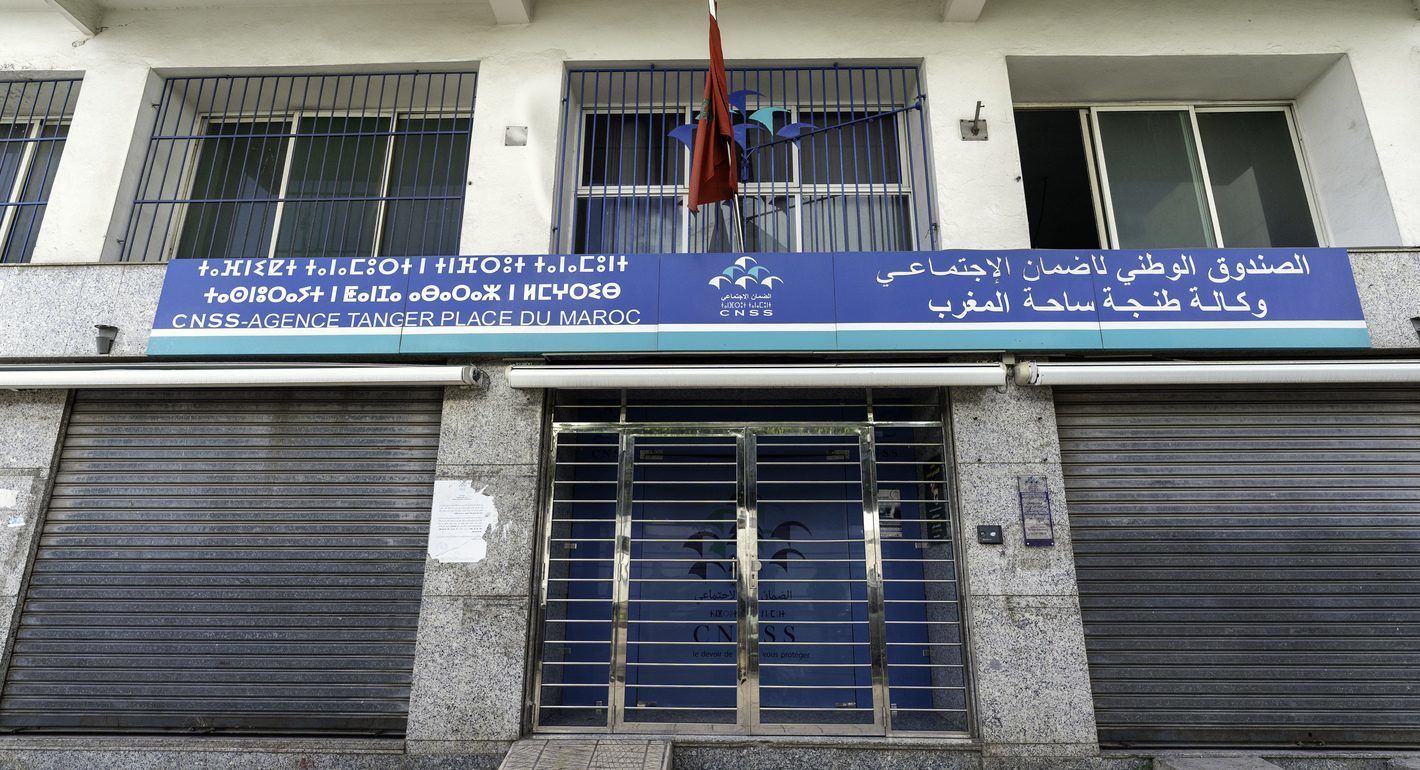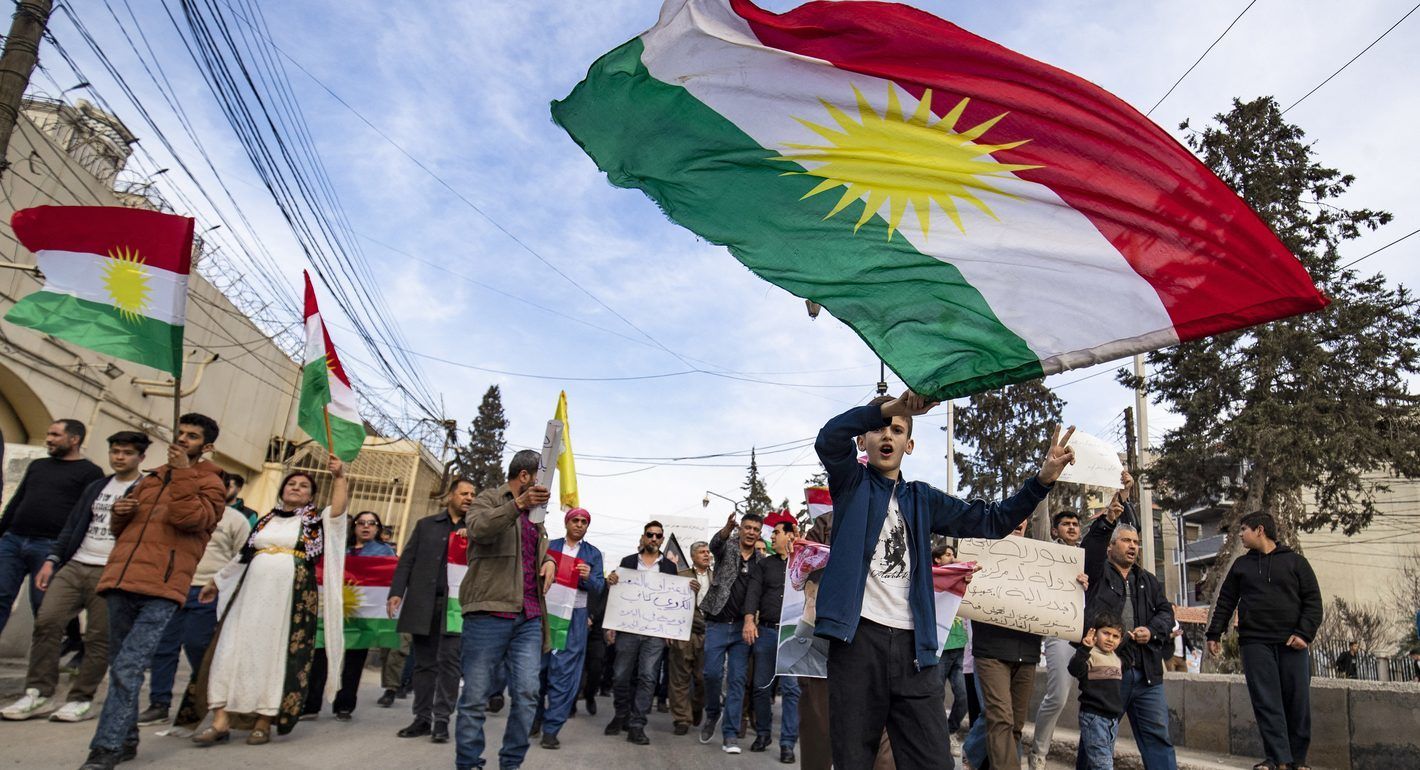Egypt's ruling National Democratic Party (NDP) convened its fourth annual conference September 19-21, advertising it as “The Second Leap Forward”. Speeches by senior party members and carefully packaged briefing papers emphasized the party's achievements in economic and political reform and laid out a fairly ambitious agenda for the coming year. The real story at the conference, however, was Gamal Mubarak's increasing political weight and seemingly unstoppable ascent towards the presidency.
Senior NDP figures such as Hossam Badrawi added fuel to popular speculation that Gamal's succession is inevitable. In an interview published on the conference's first day in the party's new organ Al Watani Al Youm, Badrawi provided the most explicit scenario yet by saying, "It is our right as a party to nominate [during the next presidential election] whoever has the qualifications for leadership and it is his right to accept or decline…This is not succession because, at the end of the day, it must take place in a framework of transparency and democracy." Not to be outdone, Prime Minister Ahmad Nazif in his convention speech made sure that all 2, 000 party members in attendance knew who was responsible for strengthening the party and its policies by singling out “our brother Gamal” for his efforts.
Gamal Mubarak for his part looked, sounded, and performed like a seasoned politician. During hours of briefing delegates and press conferences, Gamal appeared well versed in domestic and foreign affairs, attempting to bolster his populist and nationalist credentials by citing the urgent need to translate economic reforms into improved living standards for poor Egyptians and expressing independence from U.S. plans for the Middle East. Gamal also made all major announcements during the conference, including Egypt's intention to pursue nuclear energy for peaceful purposes and the need to redefine the U.S. -Egyptian relationship. President Hosni Mubarak's speech closing the conference merely reiterated themes already introduced by Gamal.
Although the younger Mubarak spoke in terms of consensus, process, committees, and programs, his descriptions did not match what actually took place. NDP delegates from the nation's 26 governorates used the conference to air personal concerns and rub shoulders with the country's political elite, but did not appear to be included seriously in policy debates. The few who offered constructive comments at plenary and committee sessions were often politely ignored as senior NDP members simply reiterated policy statements rather than addressing criticism or suggestions.
On the conference's final day, when attendees voted to transform the presentations into party policies, dissent was entirely absent. Secretary General Safwat Al Sharif reminded party members that the papers being voted on were well studied and that President Mubarak had approved the measures. The climatic moment of internal democracy happened in an instant. Almost before Al Sharif could finish saying “all those in favor,” he declared the measures “approved” as hands immediately flung into the air.
The political reform proposals adopted in rapid succession are ambitious, if only on the surface. Political Training Secretary Muhammad Kamal said the NDP would propose amending 20-25 articles of the constitution during the parliamentary session that will begin in November. According to speeches and policy papers at the conference, amendments will pave the way for replacing the state of emergency with a specific counter terrorism law, rebalancing parliament's powers vis-à-vis the executive, changing the electoral system (most likely to one of proportional representation), and increasing local governing council powers.
While the proposals sounded impressive, however, no specific amendments were discussed at the conference. Given the NDP's failure so far to consult with opposition forces, there is widespread suspicion that the actual legislation to be introduced will favor the interests of the ruling party's upper echelons.
Opposition parties and movements responded to the conference by trying to discredit it. The Muslim Brotherhood's parliamentary bloc discussed the impending onslaught of NDP-authored legislation and is preparing its own list of constitutional articles for proposed amendment, but in general opposition groups focused on the conference's popular perception. Speaking to Al Ahram Weekly, Brotherhood Supreme Guide Muhammad Mahdi Akef characterized the conference as a step backward, arguing that “If this conference had Egypt's interests in mind, its agenda and the topics they wanted to discuss should have been made public. But there is consensus now that there is a group within the NDP that makes decisions and modifies laws that only enforce tawreeth (succession). All the laws and constitutional amendments they're cooking up point in this direction. ”
This year's NDP conference did not officially anoint Gamal Mubarak as Egypt's next president, but it did foreshadow how hands will raise when asked about his presidential candidacy. Whether Gamal is the heir apparent is no longer an open question in Egypt; the question for Egyptians and outside observers now is simply how soon the succession will take place.
Joshua Stacher is a lecturer of Political Science at the British University in Egypt.


